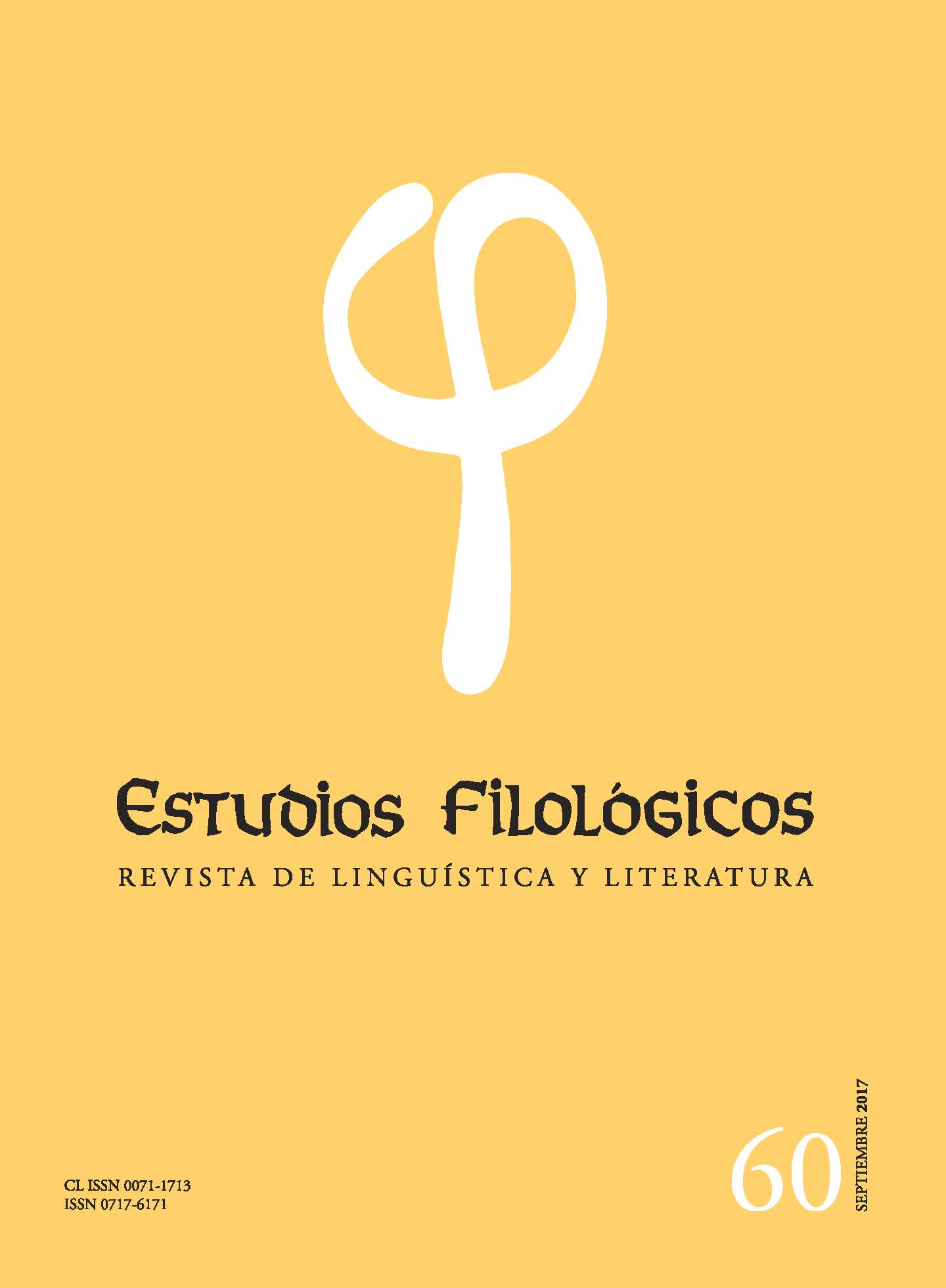Leopoldo Marechal’s ultramodernity
Main Article Content
Abstract
Leopoldo Marechal (1900-1970), a contemporary author of Arlt and Borges and of comparable literary weight, was silenced for a long time by Argentine critics and was never rightly acknowledged as cofounder of modern Argentine narrative. My research is based on the fact that this difficult reception is not only due to ideological causes, such as his adherence to Catholicism and Peronism from the 1930s and 1940s respectively, but also to aesthetic causes, and in particular to the “ultramodernity” of Marechal. Thus, I propose to analyze the paradoxical modes, anachronistic staging and ultramodern blends of Marechal’s writing as the “third paradigm” of modern Argentine literature. After a brief sketch of paradoxical modernity in general and peripheral modernity in particular, I analyze the ultramodernity of his writing, based on his first novel Adán Buenosayres (1948) and his tendency towards the emptying of the present. I emphasize the narrative (de)compositions of the novel, its overlapping of voices, its “dialectic at rest” and its different struggling poetics. I conclude my analysis with a reading of the authorial figures of the text as an allegory of (de)position, which leads to the (parodic) allegory of the imitatio Christi. This, in its indeterminacy between sign and meaning, its self-destructive dimension and the dialectic between premodern and postmodern, finally crystallizes as allegory of Marechal’s writing: a “crossed-out” writing that annihilates itself or sacrifices at the same moment of its completion, in order to come to represent its own impossibility and its ultramodern paradox.

